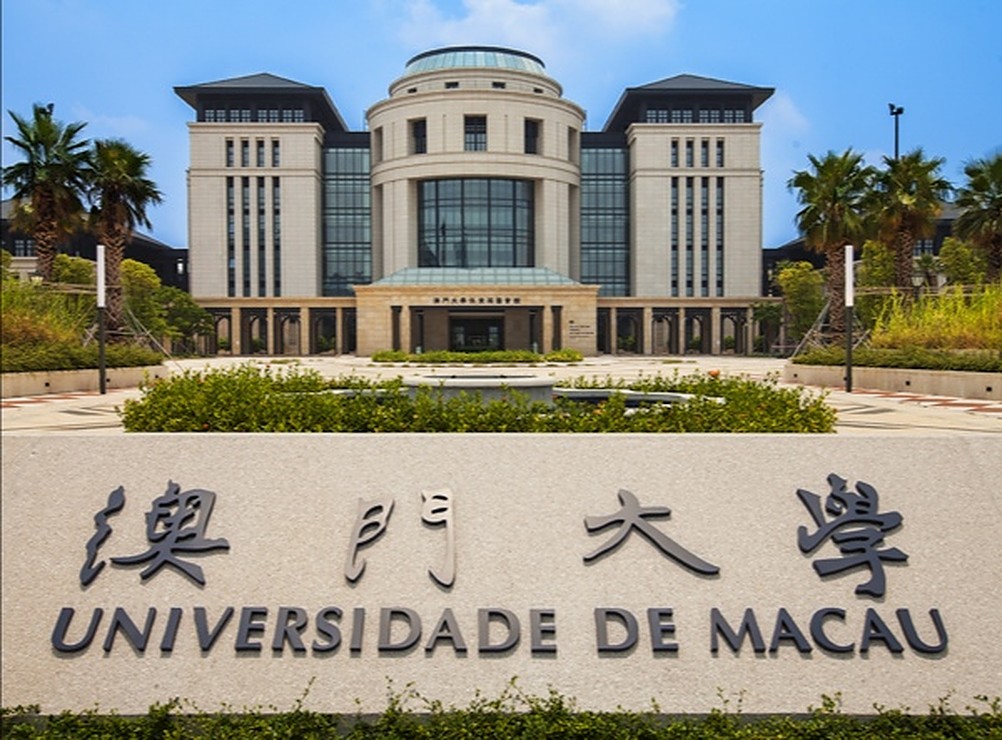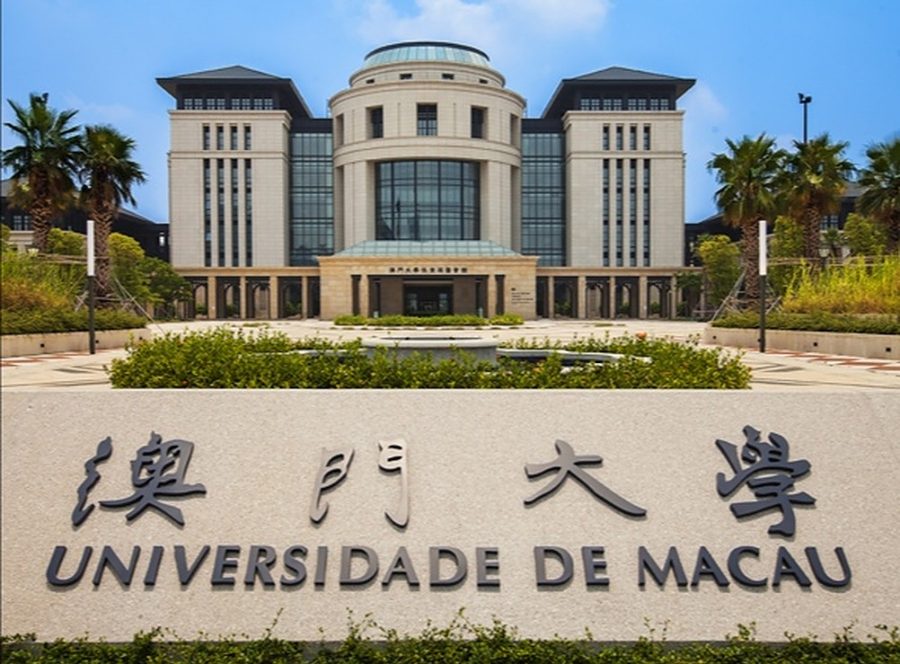The University of Macau (UM) said in a statement last week that it has “recently” held a plaque unveiling ceremony for its Centre for Regional Oceans under the Faculty of Science and Technology (FST).
The statement did not say when exactly the ceremony took place.
The establishment of the centre symbolises the university’s dedication to promote research studies in regional oceanography in order to support Macao’s economic diversification and contribute to the long-term development of the Guangdong-Hong Kong-Macao Greater Bay Area (GBA), Friday’s statement said.
UM Rector Song Yonghua, Vice Rector Ge Wei, FST Dean Xu Chengzhong, and Centre for Regional Oceans Interim Head Zhou Wanhuan officiated at the ceremony.
According to Song, in order to assist the local government in tackling challenges in the use of the oceans, marine disaster prevention and control, as well as marine environmental protection, UM has specifically made regional oceanography, an emerging research field, one of the key research areas in its strategic research blueprint, the statement said, adding that the establishment of the centre marks the beginning of research studies at the university in “cutting-edge topics in related fields”. The centre aims to promote exchanges and collaboration between Macao and other countries and regions in the field of oceanography, the statement said.
“The Centre for Regional Oceans focuses on three directions: marine multi-circle dynamics and environmental regulation mechanisms, natural disaster prevention and engineering in coastal cities, as well as coastal environmental governance and resource development.”
The statement quoted Zhou as saying that in view of the fact that Macao has experienced two typhoon disasters in the past few years, the first task of the centre is to solve the current scientific problems in marine environment and ocean engineering, so as to enhance Macao’s capacity in marine disaster prevention and control, ocean engineering construction and maintenance, marine ecological environment protection, and marine resource utilisation.
Currently, there are more than 10 laboratories under the centre, with some other labs being set up at the moment. They include a lab for marine environmental pollution detection, a lab for marine environmental pollution prevention and maintenance, a lab for maritime environmental pollution simulation, a lab for environmental biotechnology, and a lab for water engineering, the statement underlined.
Under the university’s ‘3+3+3’ research blueprint, according to the statement, the centre will establish new platforms for technology and innovation in order to create a momentum for technology-driven development. The ‘3+3+3’ research blueprint comprises three state key laboratories, three emerging research fields, and three interdisciplinary research fields, the statement noted.
The centre has begun collaborations with various top research units in related fields in mainland China and the GBA. They are, according to the statement, the Pilot National Laboratory for Marine Science and Technology (Qingdao); the Institute of Oceanology, Chinese Academy of Sciences (CAS); South China Sea Institute of Oceanology, CAS; State Kay Laboratory of Marine Pollution; State Key Laboratory of Costal and Offshore Engineering; and State Key Laboratory of Pollution Control and Resource Reuse.
In the future, the centre will focus on oceanography research studies that can respond to Macao’s needs, and will aim to nurture more outstanding professionals in related fields, enhance Macao’s international status and influence in the area of oceanography, and contribute to the GBA and nation in terms of technological development in oceanography, the statement concluded.
(The Macau Post Daily/Macau News)






